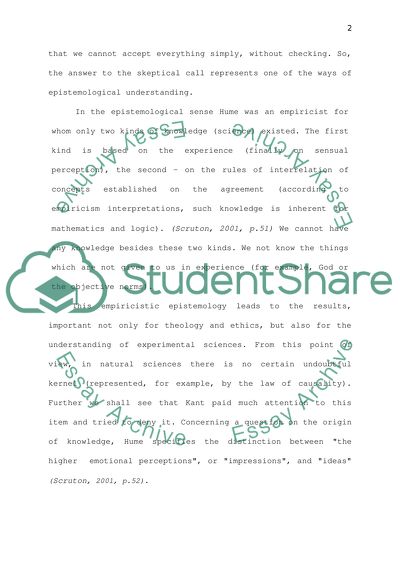Cite this document
(Directions of Epistemology Case Study Example | Topics and Well Written Essays - 1750 words, n.d.)
Directions of Epistemology Case Study Example | Topics and Well Written Essays - 1750 words. Retrieved from https://studentshare.org/philosophy/1540542-assess-in-what-way-you-think-emmanuel-kant-may-claim-to-have-overcome-david-humes-skepticism
Directions of Epistemology Case Study Example | Topics and Well Written Essays - 1750 words. Retrieved from https://studentshare.org/philosophy/1540542-assess-in-what-way-you-think-emmanuel-kant-may-claim-to-have-overcome-david-humes-skepticism
(Directions of Epistemology Case Study Example | Topics and Well Written Essays - 1750 Words)
Directions of Epistemology Case Study Example | Topics and Well Written Essays - 1750 Words. https://studentshare.org/philosophy/1540542-assess-in-what-way-you-think-emmanuel-kant-may-claim-to-have-overcome-david-humes-skepticism.
Directions of Epistemology Case Study Example | Topics and Well Written Essays - 1750 Words. https://studentshare.org/philosophy/1540542-assess-in-what-way-you-think-emmanuel-kant-may-claim-to-have-overcome-david-humes-skepticism.
“Directions of Epistemology Case Study Example | Topics and Well Written Essays - 1750 Words”. https://studentshare.org/philosophy/1540542-assess-in-what-way-you-think-emmanuel-kant-may-claim-to-have-overcome-david-humes-skepticism.


